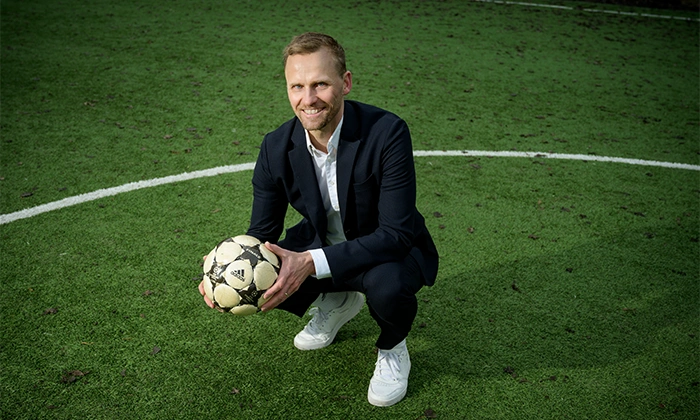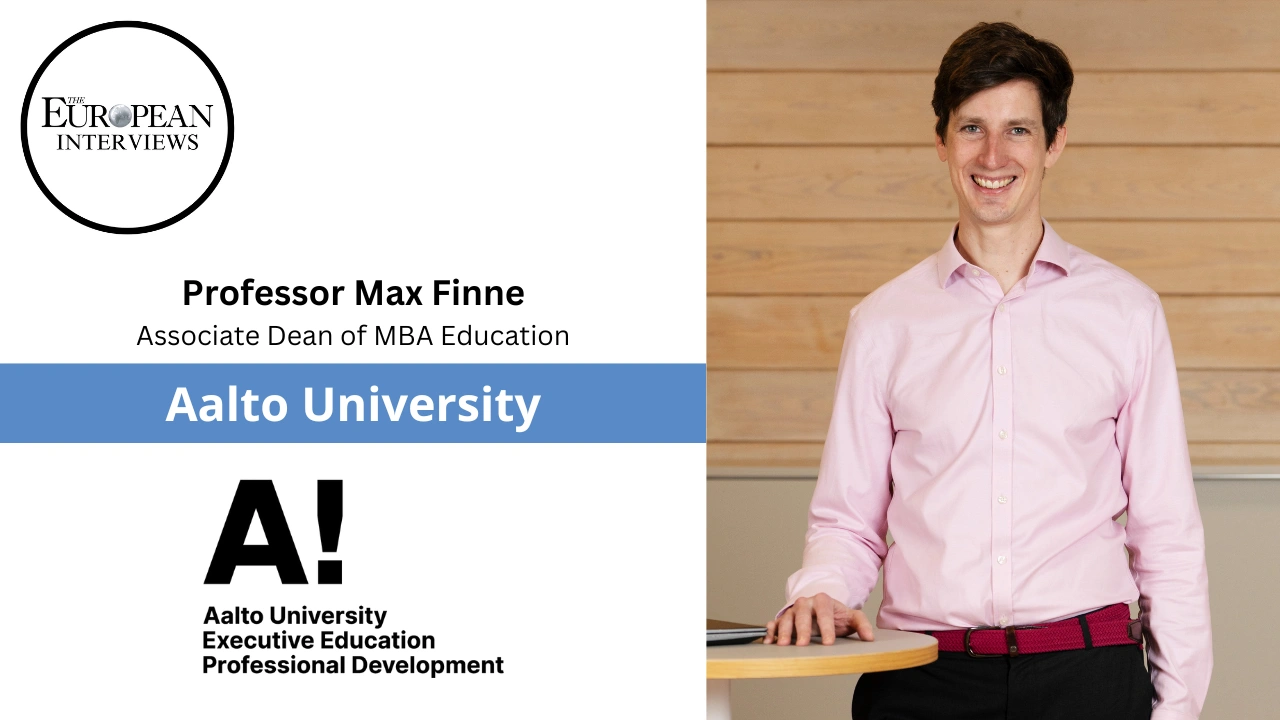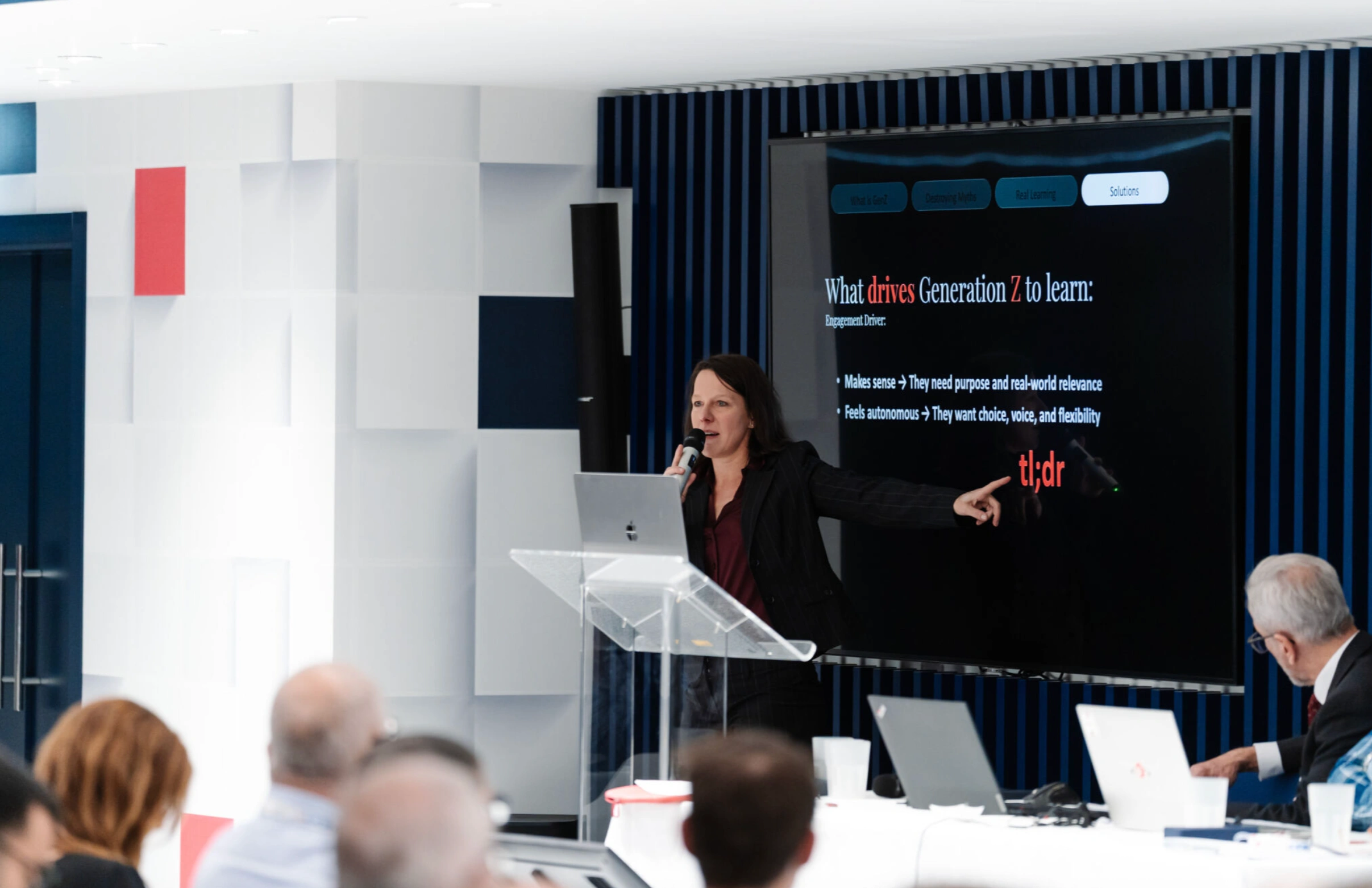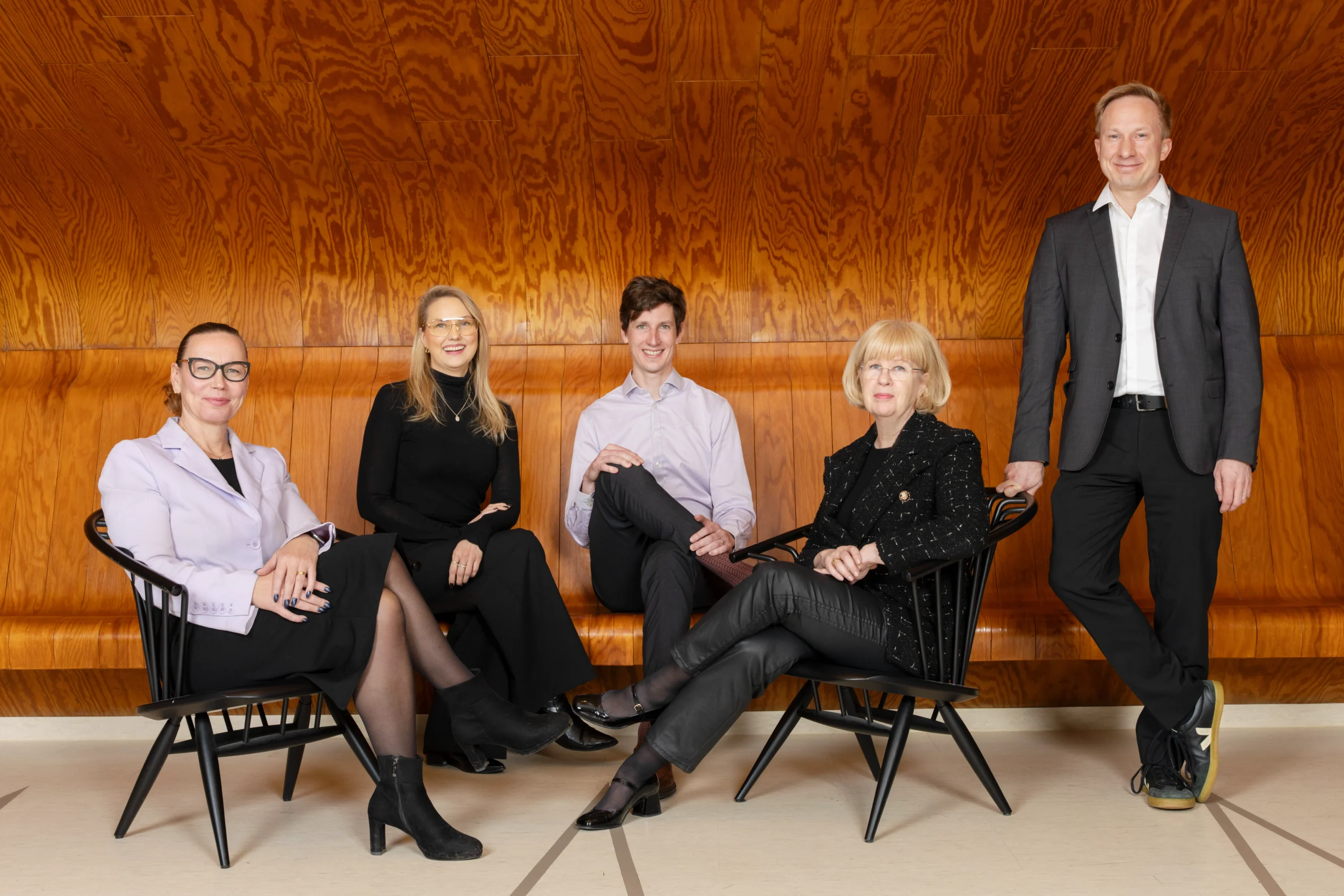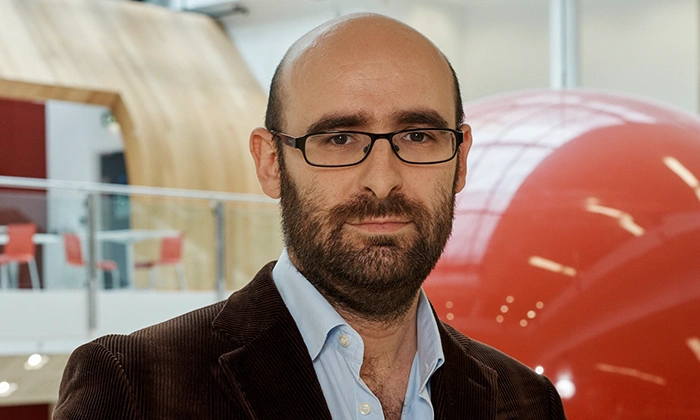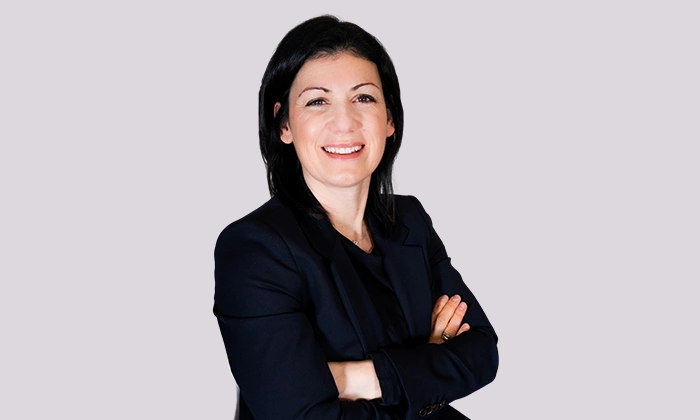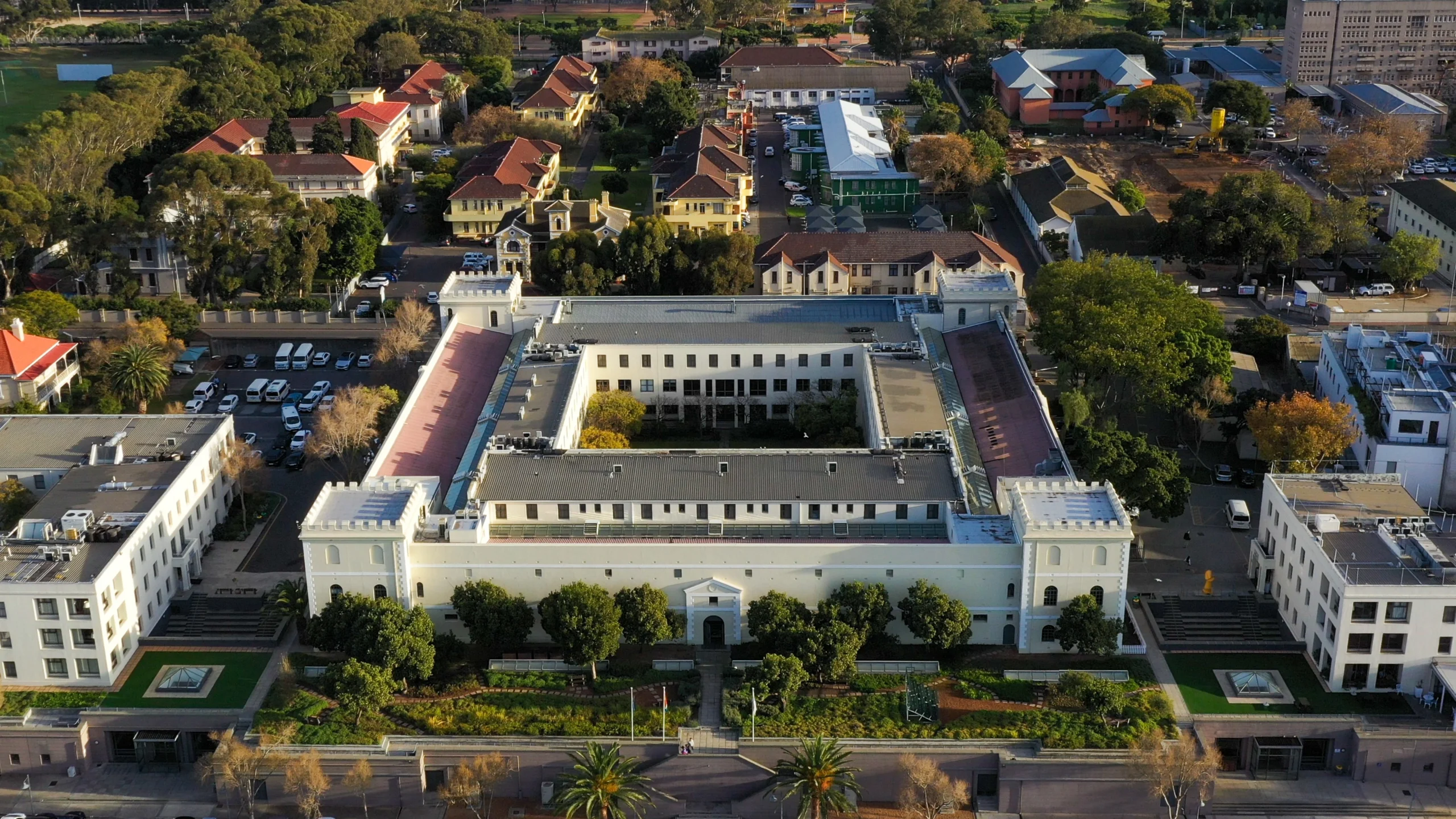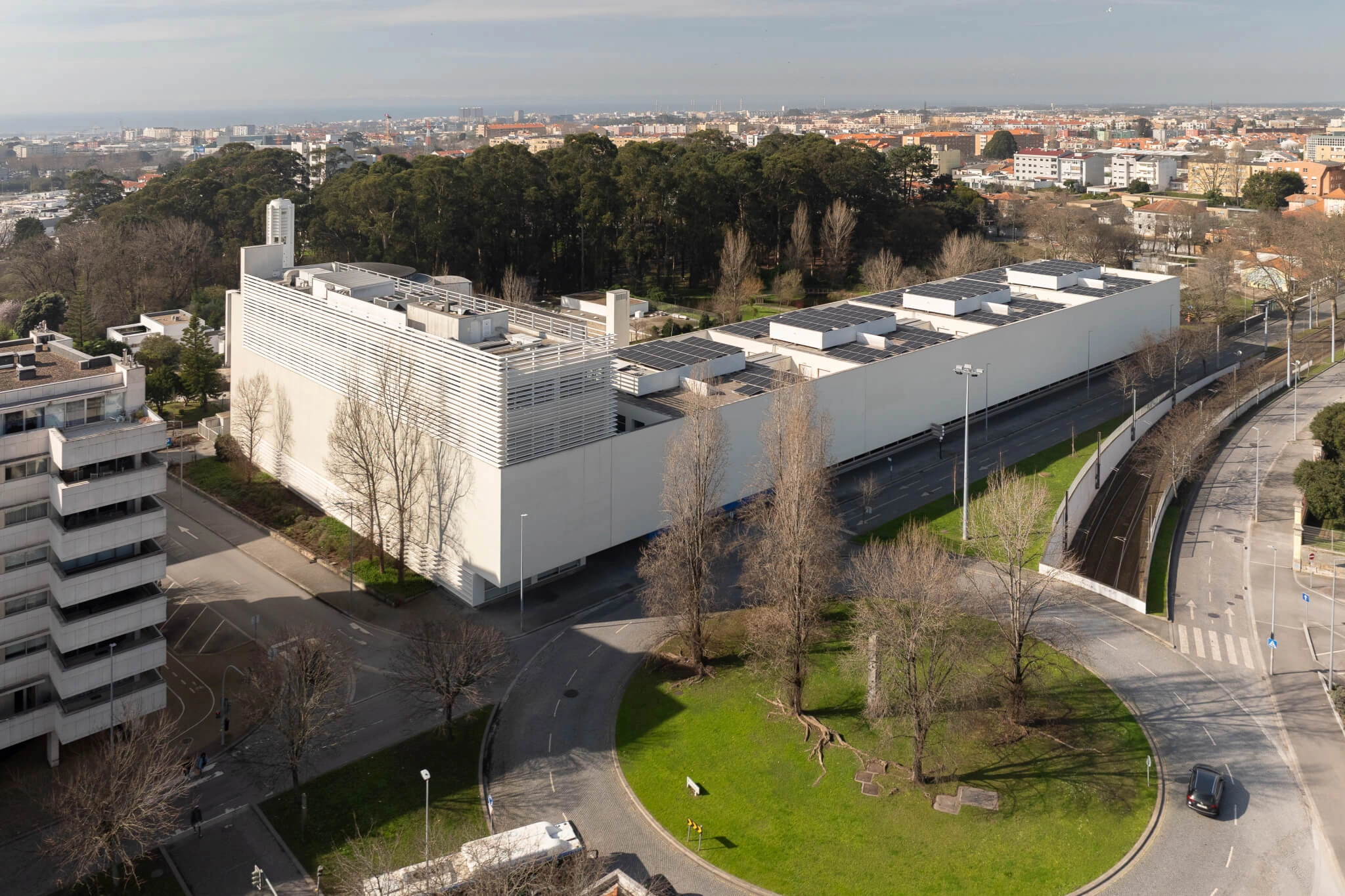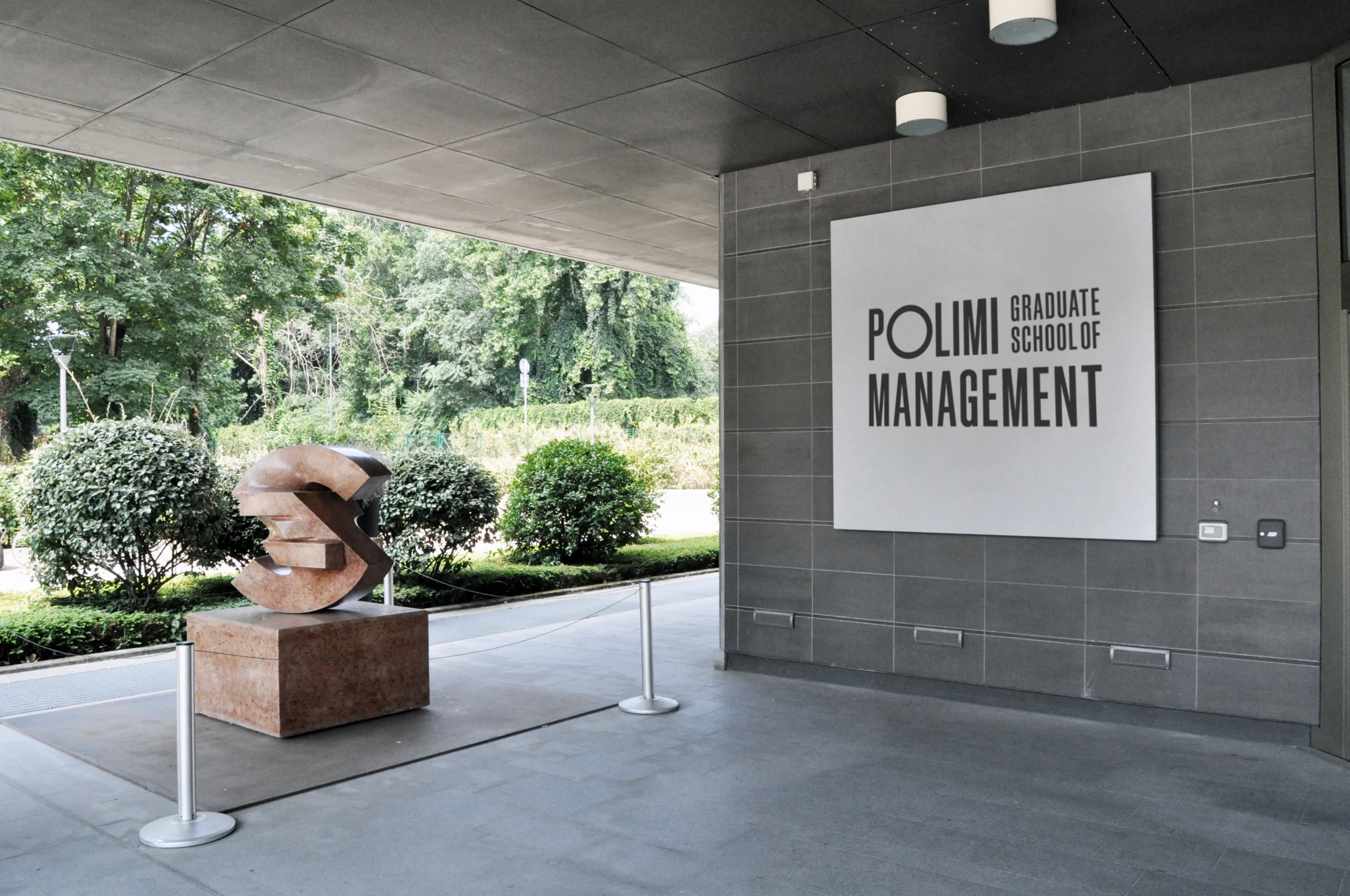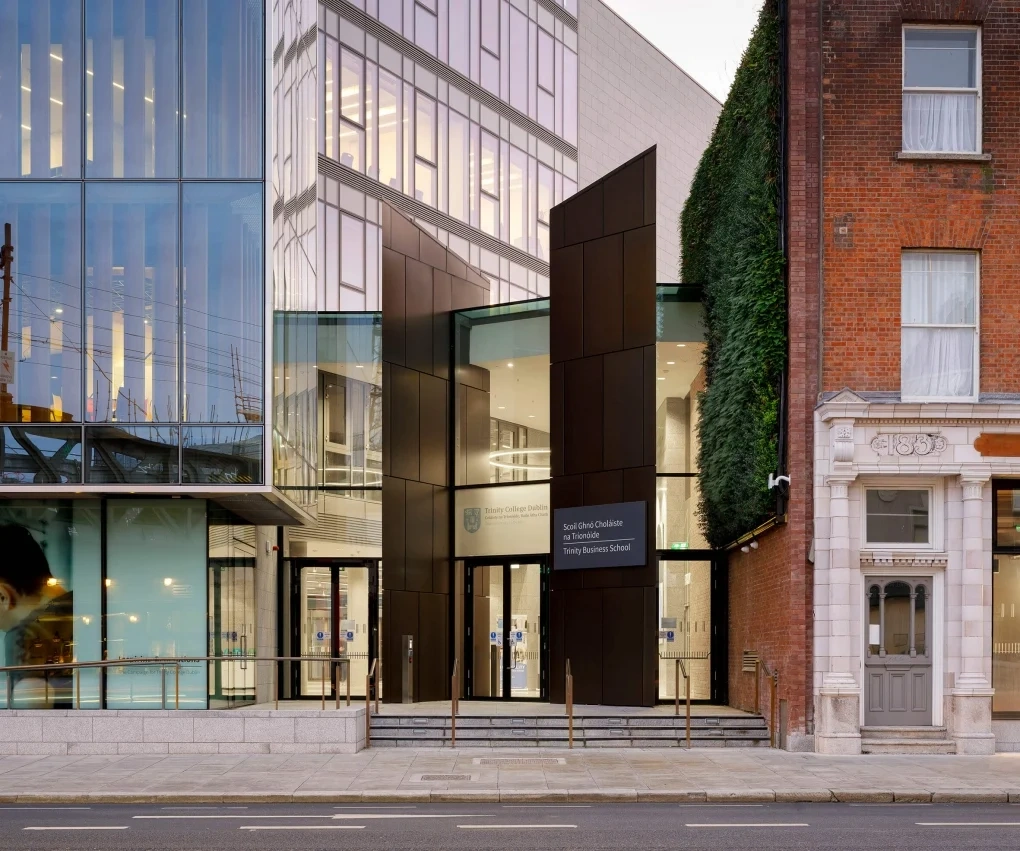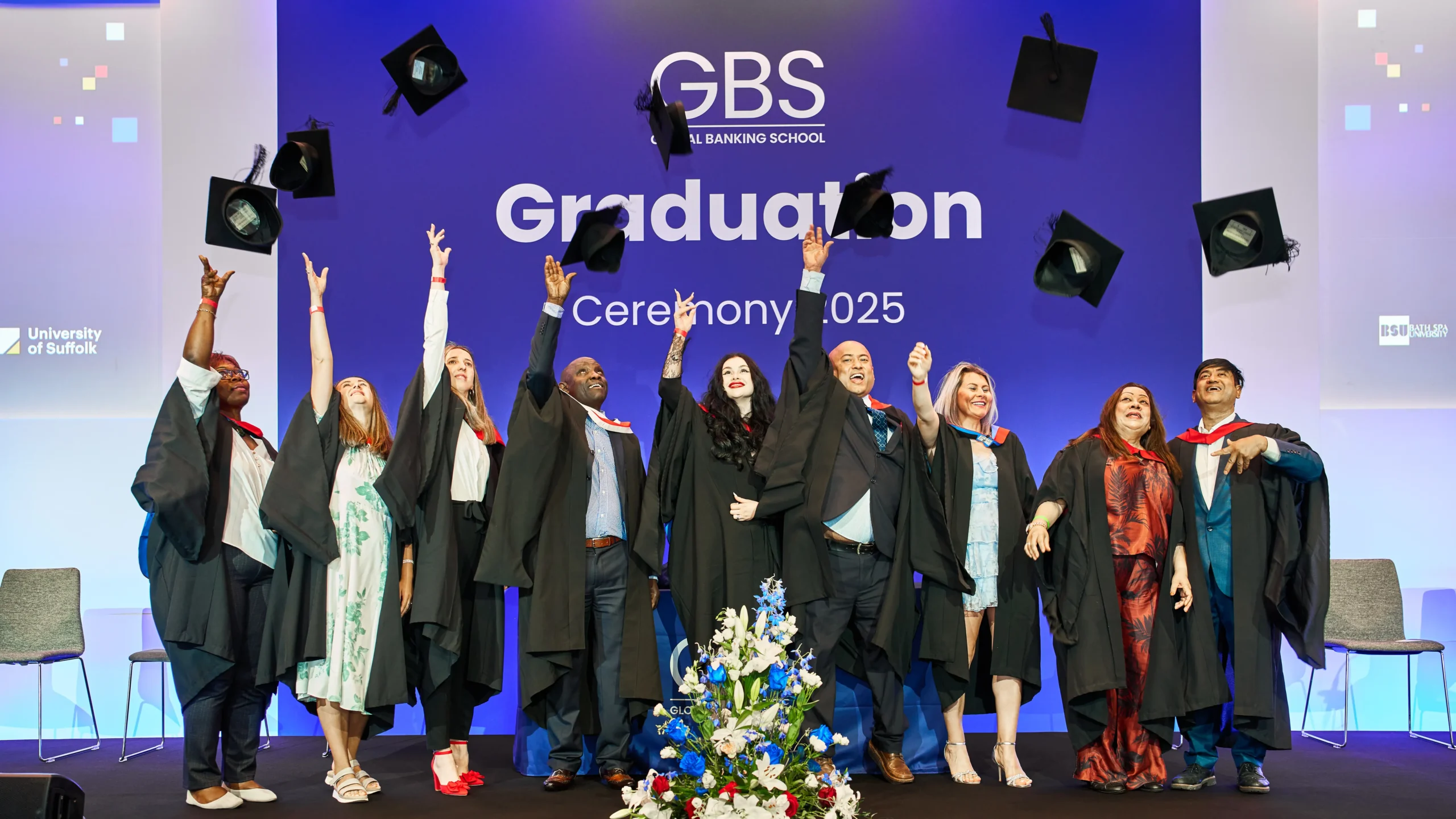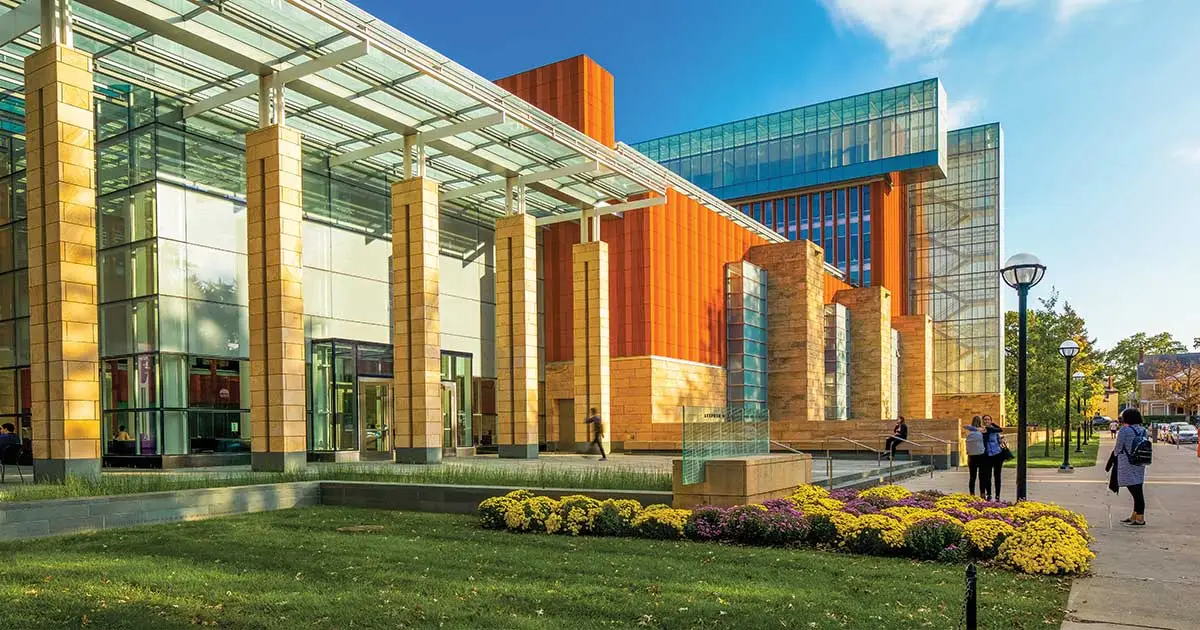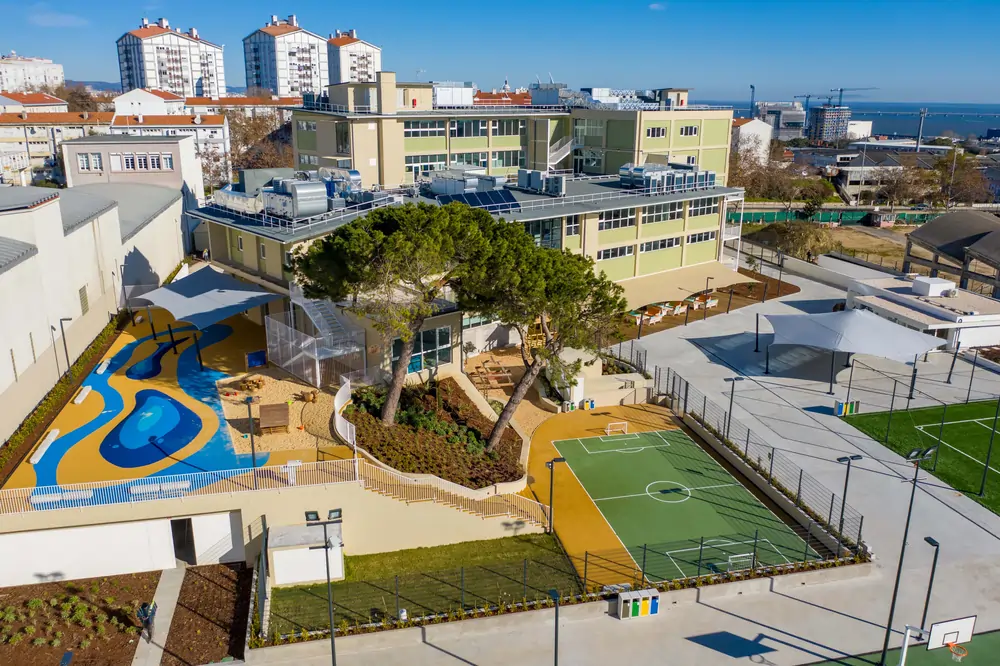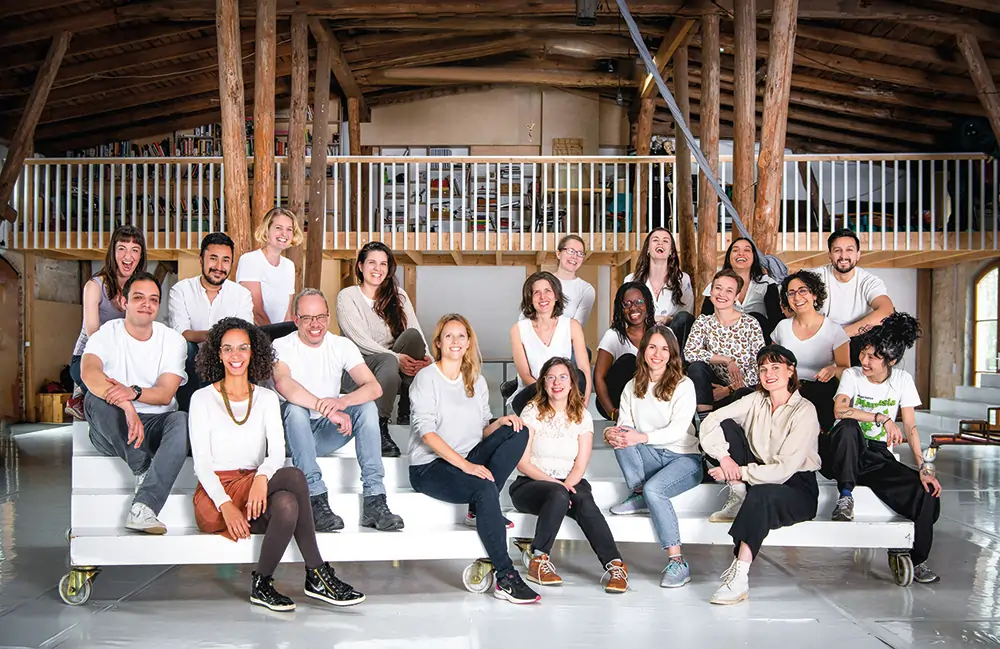Making a difference in a challenging region

John E. Kaye
- Published
- Executive Education, Home
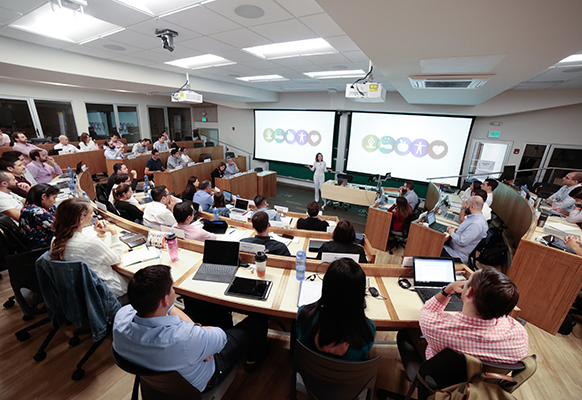
Ten years on from the global recession, Latin America is focused on creating sustainable economic growth. The fiscal crisis, political uncertainty, the fall in commodity prices, and insufficient public and private investments are just some of the problems that the region faces in achieving this objective. In general, the region is growing at a slower rate than previously anticipated. Regional GDP is expected to increase by 2% in 2019 and by 2.5% in 2020 – still well below that of peer countries in other regions.
Despite its struggles, Latin America possesses a number of assets that make it an attractive market. It is blessed with an abundance of natural resources, 35% of its population is middle class, and its inhabitants score higher on the happiness scale than those living in other regions – demonstrating that money can’t buy everything.
This atmosphere of contentment can play a significant role in the way business is done in Latin America. Around 80% of Latin American companies are family-owned, and Latinos are known for their resilience and their capacity to operate in unstable business environments. Startups and tech innovation has flourished recently in big cities. Have you heard of Mercado Libre? It is considered to be the Latin American Amazon and is currently listed on the Nasdaq-100 index.
No doubt, these attributes have caught the eye of developed countries. With protectionism growing elsewhere, several Latin American governments have committed to trade and investment liberalisation to make the region an attractive destination for foreign direct investment. As a result, China, for instance, is now a key partner with the region.
Still, despite these measures, in terms of competitiveness, there are still challenges. Nine Latin American countries dropped down the World Economic Forum’s Global Competitiveness Report 2017-2018. The continent needs to attract more private investment, efficiently manage state resources, and promote the rapid adoption of digital technologies.
At the same time, we live in an increasingly changing and potentially volatile world. In order to increase its competitiveness and develop sustainable economies and organisations, Latin America requires leaders who are able to compete globally.
World-class education
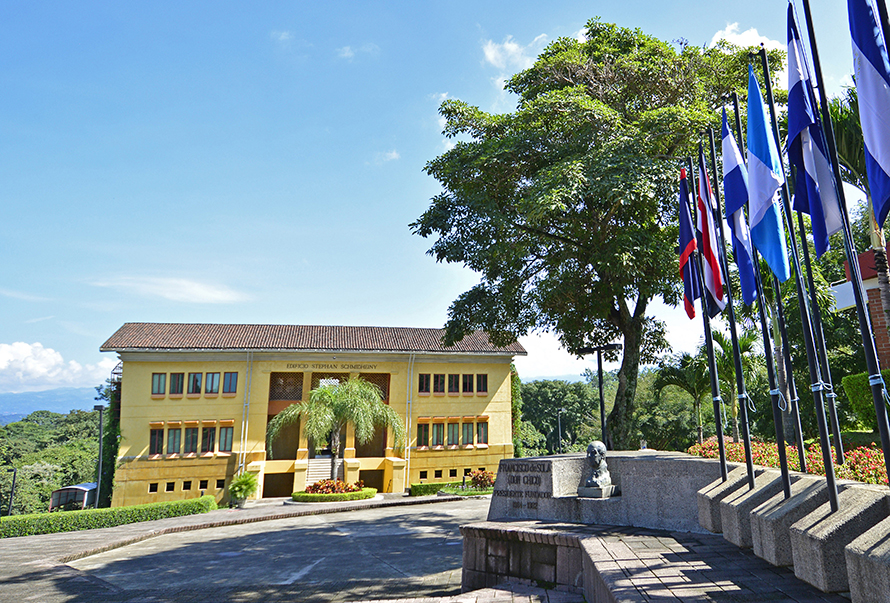
INCAE campus
INCAE Business School is a private, non-profit, higher-education organisation devoted to teaching and research in the fields of business, leadership and sustainability in Latin America. INCAE was founded by Harvard Business School 54 years ago. Since that time, it has been educating leaders, executives and entrepreneurs, enabling them to innovate and develop sustainable and successful organisations.
The school offers world-class education and lifelong learning through its programmes. Its methodology combines Harvard’s case study methods with business simulations, panels with experts, design-thinking workshops, experiential learning, entrepreneurial labs, and action-learning projects. INCAE’s innovative range of programmes, exceptional faculty and outstanding graduates have consistently contributed to its position on prestigious lists; the Financial Times, for example, ranked INCAE as 11th in the Americas and as 26th worldwide in its 2019 Executive Education rankings.
The full-time MBA programmes are for young professionals looking to develop new skills over an immersive 15-month period. The MBA Latin ™ American Leadership programme has two intakes per year (March and September) and allows students to focus on areas such as sustainability, marketing, operations and technology, finance and economics, and entrepreneurship. The MBA Global Perspective programme starts in September and teaches the best business techniques for both developed and emerging nations. Taught in English, it offers a range of exchanges and dual-degree opportunities with more than 34 schools around the world.
Also, the Executive Education department offers five executive master’s degrees, 40 open programmes, 40 corporate programmes, and 44 online programmes. It has a portfolio that mirrors the organisational structure and challenges of most companies, offering high quality educational solutions to people at every stage of their career – from high-potential to C-level executives, who are looking to develop the competencies needed to face global business challenges. The Executive Master’s degrees are blended-learning, part-time degree programmes with specialisations in operations and technology and finance and business analytics, as well as the internationally renowned executive MBA. Each of the degree programmes has a modular design, which requires students to attend class one week each month. This part-time format makes all of the Executive Master’s degrees perfect for busy professionals who aren’t able to leave their full-time jobs.
INCAE collaborates with top business schools in North America, Europe and Asia on both degree and non-degree programmes. The school maintains academic partnerships with Harvard Business School Online, MIT, Babson College, Yale University, the University of Michigan in the USA, as well as St. Gallen University in Switzerland, Cheung Kong Graduate School of Business of China and USA, and Spain’s Esade Business School. It has also worked with leading firms, including Cargill, Kraft Heinz, EY, Pricesmart, Adidas, Millicom and Walmart.
In 2018, more than 18,000 people from more than 32 countries participated in onsite and online programmes, which are taught by an elite faculty comprising a select group of professors who have graduated from the very best universities around the world. They all have published research articles, books and other materials in areas such as sustainability, entrepreneurship and innovation.
Elite research capacity
INCAE also promotes progress through its research centres. The Latin American Center for Competitiveness and Sustainable Development (CLACDS in Spanish) allocates resources for research, data analysis and policy promotion. The school has teamed up with the Social Progress Imperative in Mexico and Central America to develop the Social Progress Index (SPI), and with the World Economic Forum to contribute to the Global Competitiveness Report 2017-2018. Both are sources of valuable information for universities, governments and companies. INCAE is proud of its role as an active participant in the promotion and implementation of new policies that will improve the region’s wellbeing.
Over 15 years ago, INCAE created the Center for Collaborative and Women Leadership. This centre has been pivotal in fostering diversity in leadership positions in the region. It has partnered with global companies operating in Latin America to conduct impact research, training, and mentoring for male and female executives. It has held four conferences with an attendance of more than 300 people each, promoting diversity to improve decision-making in companies and the overall wellbeing of the society. Another essential centre is the Latin American Center for Entrepreneurship (LACE). LACE seeks to boost the economic growth of the Latin American region through experiential learning, training, and specialisation of entrepreneurs. The centre has helped in the creation of many startups and has contributed to the acceleration of their success in local and global markets. LACE is a tool for Latin American entrepreneurship that allows businesses to move forward with their ideas and provides support during the growth process.
INCAE’s mission has never been more important. It will keep working towards Latin America’s development by educating leaders in key sectors. To be recognised as the ‘Best Latin American Business School of the Year’ and for ‘Excellence in Executive Education’ by The European is not only an honour, but a motivation to keep making a difference. It is also an opportunity to extend an invitation to European executives to explore Latin America’s possibilities and help us develop the region.
Further information
For more executive education news, follow The European.
RECENT ARTICLES
-
 Hannu Tihinen on strategy, leadership, and the value of an EMBA
Hannu Tihinen on strategy, leadership, and the value of an EMBA -
 European MBAs adapt to AI as Aalto overhauls executive education
European MBAs adapt to AI as Aalto overhauls executive education -
 From dialogue to action: how emba X prepares leaders for a new era of responsible innovation
From dialogue to action: how emba X prepares leaders for a new era of responsible innovation -
 How Europe can learn faster: turning AI into safer, smarter adult training
How Europe can learn faster: turning AI into safer, smarter adult training -
 Aalto EE launches Aalto Tech EMBA to equip executives for digital transformation
Aalto EE launches Aalto Tech EMBA to equip executives for digital transformation -
 Supply chains are being remade. Leadership must be too
Supply chains are being remade. Leadership must be too -
 Why the real barrier to AI success sits in the boardroom
Why the real barrier to AI success sits in the boardroom -
 ETH Zurich and the University of St.Gallen redefine executive education with emba X, a new model of responsible leadership
ETH Zurich and the University of St.Gallen redefine executive education with emba X, a new model of responsible leadership -
 Why leadership is the strongest defence in South Africa’s schools
Why leadership is the strongest defence in South Africa’s schools -
 Porto Business School launches executive programme on AI strategy
Porto Business School launches executive programme on AI strategy -
 POLIMI Graduate School of Management strengthens global reputation in MBA and master’s rankings
POLIMI Graduate School of Management strengthens global reputation in MBA and master’s rankings -
 Trinity Business School strengthens standing in global MBA rankings
Trinity Business School strengthens standing in global MBA rankings -
 Meet the class of 2025… and their children. Why mid-life university learning is on the rise
Meet the class of 2025… and their children. Why mid-life university learning is on the rise -
 University of Michigan launches executive programme for chief data and AI officers
University of Michigan launches executive programme for chief data and AI officers -
 International education: A vision for global citizens
International education: A vision for global citizens -
 How to create lasting social change? Build a community
How to create lasting social change? Build a community -
 Tomorrow’s world needs Dyslexic Thinking
Tomorrow’s world needs Dyslexic Thinking -
 Why family therapy is the best investment you can ever make
Why family therapy is the best investment you can ever make -
 How EQ can give us the edge over AI
How EQ can give us the edge over AI -
 A true root and branch approach
A true root and branch approach -
 It's fine to say you're not ok
It's fine to say you're not ok -
 Are you willing to change with your organisation?
Are you willing to change with your organisation? -
 Emerging markets: Online learning for women unlocks economic potential
Emerging markets: Online learning for women unlocks economic potential -
 A programme of urgent importance
A programme of urgent importance -
 Why progress is not parity
Why progress is not parity

